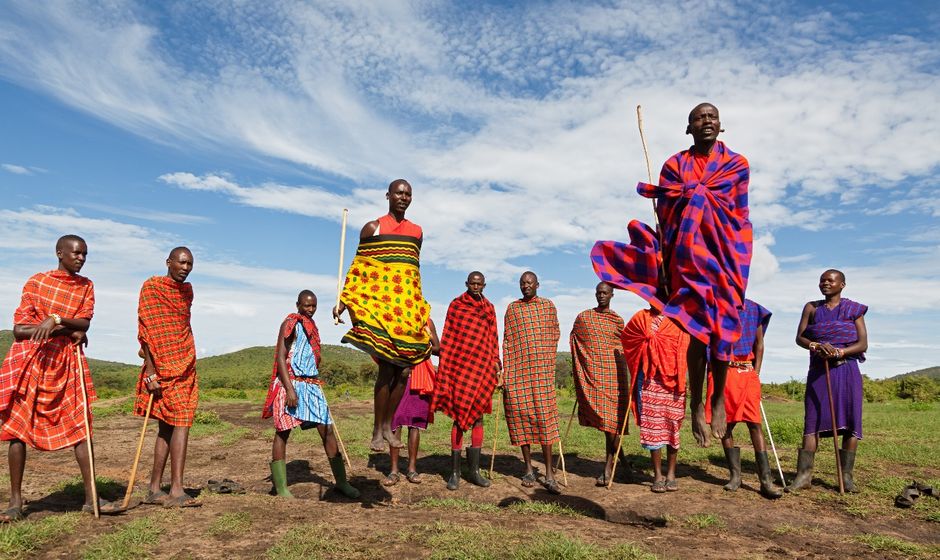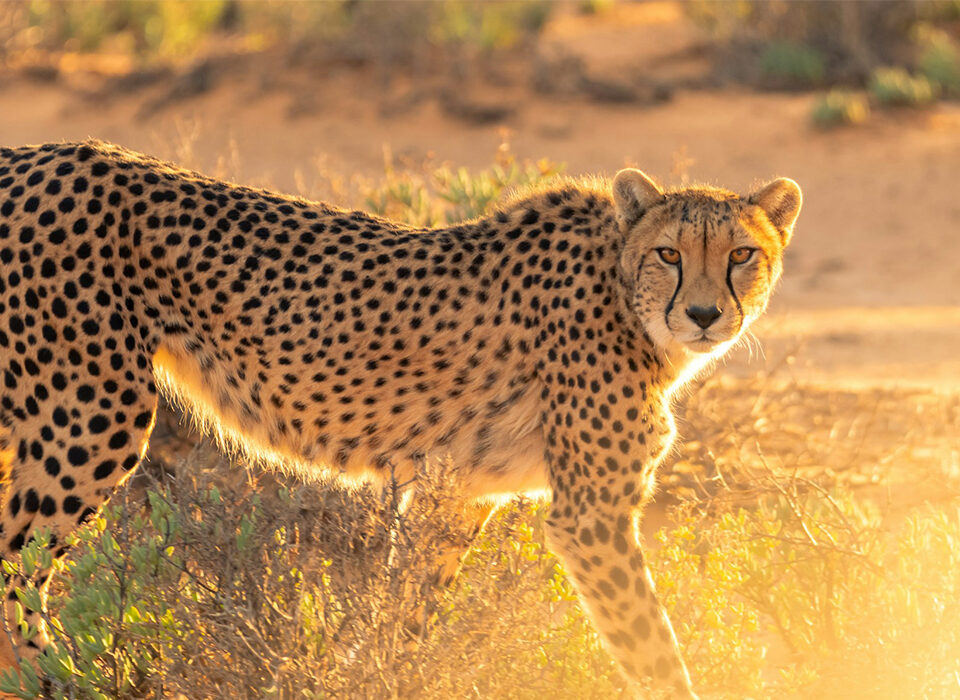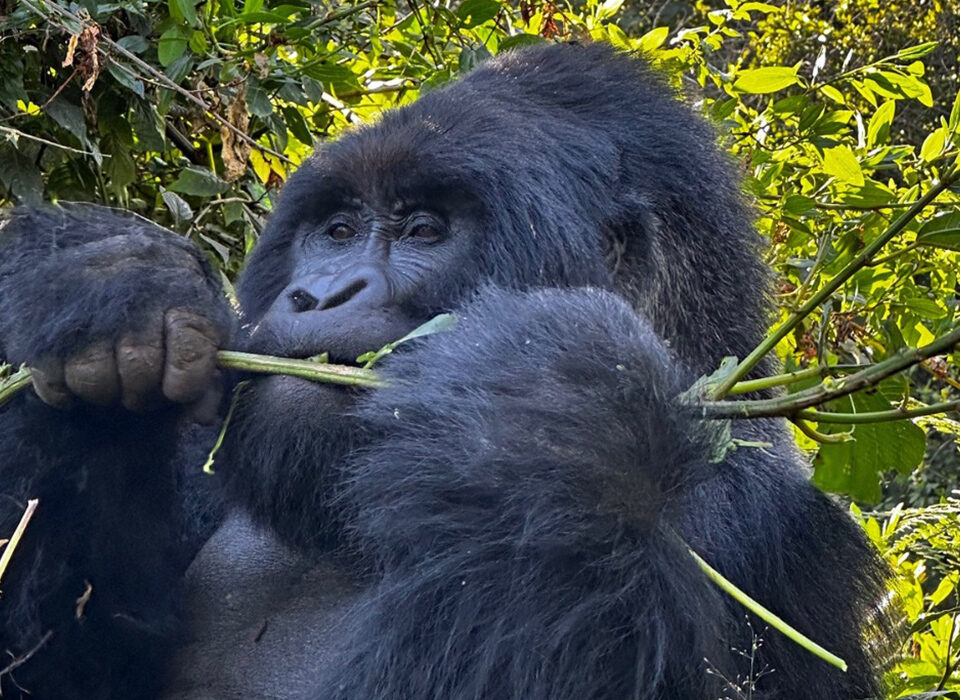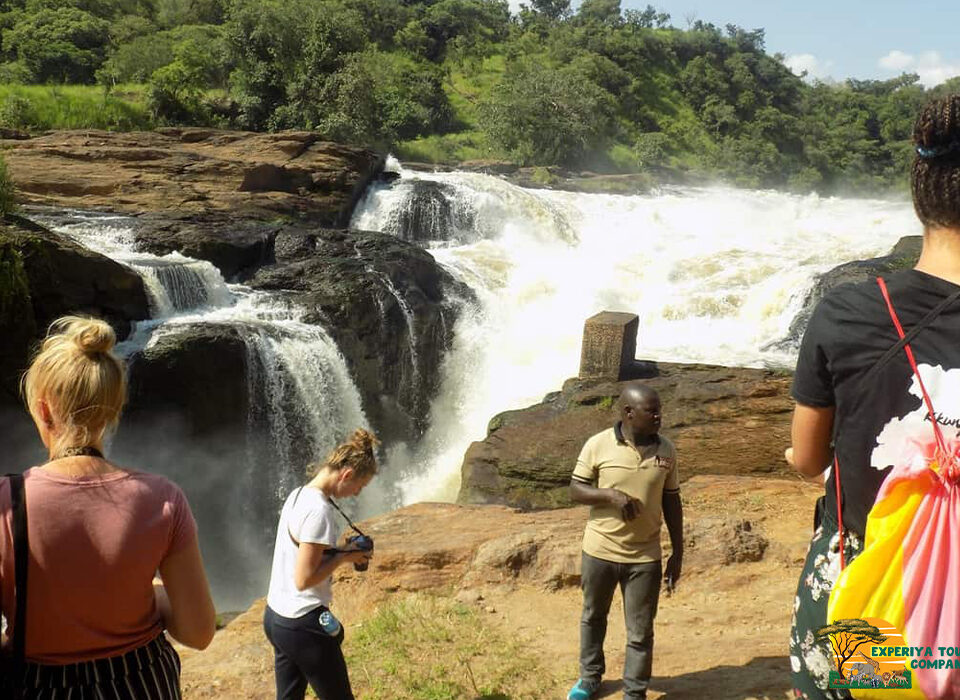
What’s Kenya’s most romantic spot?
November 20, 2025
How can I combine Kenya and Uganda in one safari?
November 20, 2025How Has Tourism Changed Kenyan Culture?
Tourism is one of the most influential forces shaping modern Kenya. Known globally for its wildlife, beaches, culture, and warm hospitality, Kenya has welcomed millions of visitors over the decades. These travelers come seeking adventure, beauty, and connection—but their presence has done more than fuel the economy. It has also interacted deeply with Kenyan society, influencing traditions, livelihoods, cultural expressions, and even everyday behaviors. This leads to an important question: How has tourism changed Kenyan culture? The answer reveals a complex yet fascinating transformation: tourism has enriched, preserved, challenged, and reshaped Kenyan culture in ways that continue to unfold today.
Kenya is culturally diverse, with over 40 ethnic communities, each with its own heritage, language, customs, and art. Tourism has become one of the channels through which these cultures interact with the world. Visitors bring new ideas while seeking authentic experiences; communities respond by sharing their traditions, adjusting lifestyles, and creating spaces that embrace both heritage and modernity. The result is a dynamic cultural landscape enriched by exchange but shaped by both opportunities and challenges.
The Positive Cultural Impacts of Tourism in Kenya
Tourism’s influence on Kenyan culture is largely positive, especially when well-managed and community-centered.
Tourism Has Helped Preserve Cultural Traditions
One of the most significant cultural benefits of tourism is the preservation of heritage. Cultural tourism—visits to Maasai villages, Samburu homesteads, Swahili towns, coastal heritage sites, and traditional dance performances—creates value for traditions that might have faded due to modernization.
Visitors show deep interest in:
Maasai beadwork
Samburu warrior dances
Mijikenda kaya forests
Swahili architecture
Traditional cuisines
Indigenous music
This appreciation encourages communities to maintain and pass on cultural knowledge.
Tourism Supports Local Art and Craft Industries
Handicrafts are a major part of Kenya’s tourism economy. Local artisans now earn a living through:
Beadwork
Carvings
Leather crafts
Textile weaving
Soapstone sculptures
Brass jewelry
Tourism provides a market for these products, empowering rural women, youth, and community groups. Craft centers in Nairobi, Mombasa, and Maasai Mara exist because visitors appreciate authentic African artistry.
Cross-Cultural Exchange Has Enriched Kenyan Society
Tourists bring different perspectives, customs, and lifestyles. These interactions encourage:
Language learning
Adaptation of new social norms
International friendships
Global awareness among local communities
Many Kenyans are now multilingual—not just Swahili and English, but also conversational French, German, Italian, or Chinese—thanks to years of interacting with tourists.
Tourism Has Created Opportunities for Cultural Pride
Communities often find renewed pride in their traditions when they see visitors show admiration and fascination. A Maasai elder explaining age-set systems or a Swahili guide sharing centuries-old stories rediscover the value of their cultural identity.
Cultural pride strengthens unity and nurtures respect for heritage.
Tourism Has Influenced Kenya’s Culinary Scene
Food culture has changed significantly due to tourism. Hotels and restaurants now blend:
Traditional dishes
International cuisines
Fusion meals
Healthy, organic, and plant-based options
Nairobi, Mombasa, and Kisumu have seen a big rise in cafes, fine dining, and global-themed restaurants—all responding to tourist tastes and cosmopolitan influence.
Tourism Has Helped Establish Cultural Festivals
Cultural festivals celebrated today are partly tourism-driven:
Lamu Cultural Festival
Lake Turkana Festival
Maasai Mara Wildlife Marathon
Coastal Swahili Festivals
Samburu Cultural Celebrations
These events promote heritage while generating income for communities.
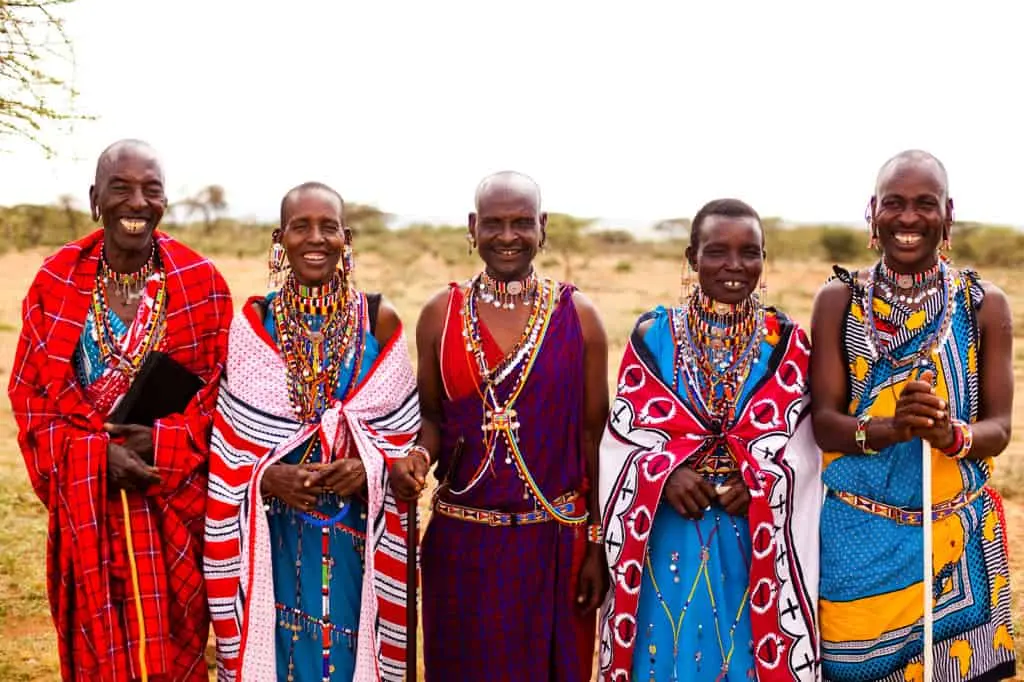 Tourism Has Improved Interpersonal Skills and Hospitality Culture
Tourism Has Improved Interpersonal Skills and Hospitality Culture
Kenyans working in tourism have developed exceptional hospitality skills. The warm, courteous, and welcoming spirit Kenya is known for has been sharpened by the tourism industry.
Tourism Has Strengthened Conservation Culture
Kenya’s conservation success—wildlife protection, anti-poaching, community conservancies—has deep cultural roots today partly because tourism created incentives to conserve wildlife and environment:
Communities protect wildlife because it brings income
Cultural conservancies blend heritage with conservation
Traditional knowledge merges with modern conservation science
This cultural shift benefits the entire nation.
The Challenges
Tourism brings positive outcomes, but it has also created challenges that impact cultural identity and social dynamics.
Commercialization of Culture
In some places, traditions have been “packaged” for tourism in ways that are simplified, altered, or exaggerated.
Examples include:
Performances adapted only for visitors
Traditional dances shortened to fit schedules
Ceremonies replicated out of context
Crafts mass-produced instead of handmade
This can dilute cultural authenticity, reducing heritage to entertainment if not managed responsibly.
Cultural Misunderstandings Between Locals and Tourists
Not all visitors fully understand or respect Kenyan cultural norms. Issues arise when:
Tourists dress inappropriately in conservative regions
Photography is done without permission
Sacred sites are entered disrespectfully
Assumptions are made about communities
Such situations can create tension, misunderstandings, or discomfort.
Shifts in Lifestyle and Aspirations
Tourism introduces foreign lifestyles that influence Kenyan youth. While positive in many ways, it may also lead some to:
Adopt materialistic aspirations
Abandon traditional practices
Transition toward urban lifestyles
Change social norms faster than elders prefer
This generational shift requires balance to preserve heritage.
Pressure on Swahili Culture in Coastal Regions
Some parts of coastal Kenya have experienced cultural erosion due to increased globalization, tourism development, and influx of new lifestyles. Traditional Swahili customs occasionally clash with rapid modernization brought by tourism.
Overdependence on Tourism in Some Communities
Some communities have transitioned from pastoralism or farming to tourism-based economies. While profitable, it can make them vulnerable during times of tourism downturn—such as pandemics or political unrest.
Rise of Stereotypical Cultural Representation
Because certain ethnic cultures (like Maasai or Samburu) are more marketable, they may be highlighted more than others, creating imbalanced cultural visibility.
Balancing Tourism and Cultural Identity
Despite challenges, Kenya is working hard to preserve culture while benefiting from tourism.
Several strategies are in place:
Community-led tourism where locals design the experiences
Government policies supporting cultural conservancies
Ethical visitation guidelines for tourists
Cultural education in schools
Protection of heritage sites
Encouraging slow, authentic cultural travel
These efforts ensure that tourism enriches, rather than replaces, Kenyan culture.
How Tourists Can Support Kenyan Culture Responsibly
Visitors play a major role in shaping cultural dynamics. To support positive cultural exchange:
Buy authentic crafts
Respect photography rules
Dress appropriately in cultural settings
Learn basic Swahili greetings
Engage respectfully with communities
Avoid bargaining unreasonably
Support local guides and artisans
Choose ethical cultural tours
Responsible tourism strengthens culture and communities.
The Future of Kenyan Culture in Tourism
Kenya’s culture is both resilient and adaptable. As tourism continues to grow, the country’s cultural heritage will likely:
Become more widely celebrated
Be better protected
Evolve with global influence while staying uniquely Kenyan
The key is ensuring communities remain at the center of cultural tourism.
So, How Has Tourism Changed Kenyan Culture?
Tourism has deeply influenced Kenyan culture by:
Preserving traditions
Strengthening cultural pride
Creating economic opportunities
Promoting cross-cultural exchange
Offering global exposure
Enhancing hospitality skills
Supporting conservation
At the same time, it brings challenges such as commercialization, lifestyle changes, and cultural pressure. With responsible tourism and community involvement, Kenya continues to balance cultural preservation with global interaction. In the end, tourism has made Kenya’s culture more visible, appreciated, and dynamic—an evolving masterpiece shaped by both heritage and new connections.
Explore Kenya’s Culture Responsibly With Experiya Tour Company
For travelers who want to understand Kenya’s cultural evolution and engage ethically with traditions, Experiya Tour Company offers meaningful cultural tours, community visits, artisan experiences, and heritage journeys. Their guides provide respectful, insightful interactions that honor local customs and uplift communities. To experience Kenya’s culture in an authentic and responsible way, book your journey with Experiya Tour Company.

